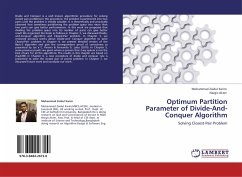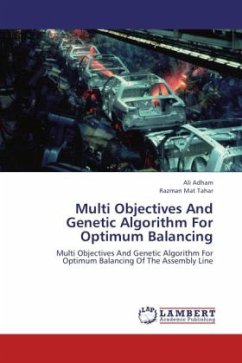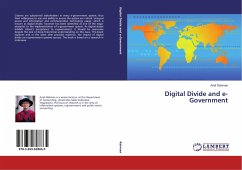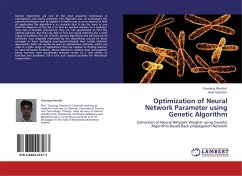Divide and Conquer is a well known algorithmic procedure for solving closest pair problems.In this procedure, the problem is partitioned into two parts until the problem is trivially solvable. It is theoretically and practically observed that sometimes partitioning the problem space into more than two parts can give better performances. In this work we proposed that dividing the problem space into (n) number of parts can give better result.We organized the book as follows,in Chapter 2, we discussed Divide-and-Conquer algorithm and Closest-Pair problem. In Chapter 3, we reviewed previous works about Divide-and- Conquer algorithm to solve Closest-Pair problem. In Chapter 4, we present detailed version of the Basic-2 algorithm and give the correspondent proof of correctness as presented by Jos e C. Pereira & Fernando G. Lobo (2010). In Chapter 5, some previous proofs are given where is proven that 2-ary system is not the best choice for all the algorithms. The results in this chapter are based on [Kayk98]. In Chapter 6, a new procedure of divide and conquer rule is presented to solve the closest pair of points problem. In Chapter 7, we discussed future work and conclude our work.
Bitte wählen Sie Ihr Anliegen aus.
Rechnungen
Retourenschein anfordern
Bestellstatus
Storno








